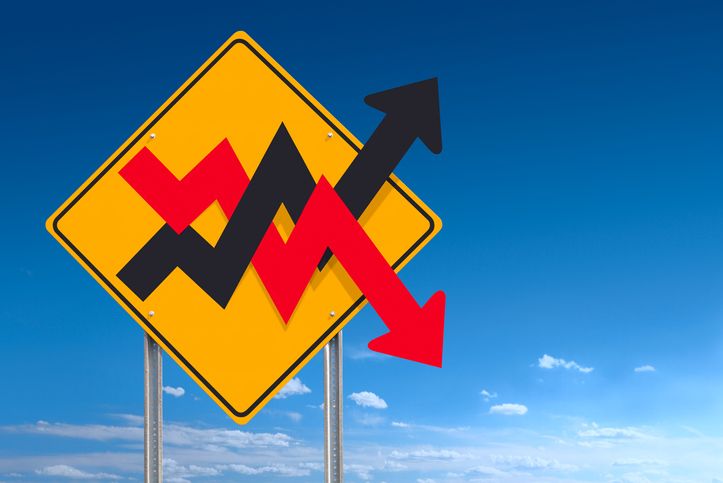‘Ultra-risk averse’ investors have exited US diversified equity funds in a volatile environment, withdrawing the largest monthly sum for more than a decade, with -$49.7bn (€42.2bn) in July, Refinitiv Lipper has said.
Investors weighed the concerns over a rise in new coronavirus outbreaks and factors such as continued commitment by the Federal Reserve Board to support the economy, and a sharp decline in Q2 GDP growth, which came in at negative 32.9%, Refinitiv Lipper wrote in a report.
This comes as US-China trade tensions have been intensifying.
But European investor sentiment towards buying US equities over the next year has not been shaken, according to the latest Q2 Last Word Research survey (see graph below).
![]()

Refinitiv Lipper found that investors redeemed core-oriented (-$19.1bn) and large-cap funds (-$13.8bn) in July.
The US multi-cap core fund (-$9.8bn) suffered the largest net redemptions of its classification (see tables below).


Tom Roseen, head of research services at Refinitiv Lipper, told Expert Investor that investors have become “ultra-risk averse” and have been “padding the coffers of money market funds ($882.6bn) year to date”, reaching a record annual high.
Roseen explained that, particularly for the Baby Boomer generation, the longest bull market in history (2009-2020) was just getting too long for investor comfort.
This generation has over allocated to large-cap portfolios over the years, he said.
Reallocation to fixed income
“We are now seeing these investors reallocating from their large-cap portfolios to those different asset classes, particularly fixed income funds,” Roseen added.
While equity funds (including exchange-traded funds) witnessed net redemptions of $200.7bn, year to date (August 12), taxable bond funds attracted some $80.3bn.
However, the search for low-cost options has also diverted flows to tax-efficient exchange-traded funds, he said.
Year to date, equity ETFs took in $73.8bn (of which large-cap funds gained $37.8bn), while taxable bond ETFs accumulated $121.9bn.
Commenting on the US record equity highs, UBS said in its house view that this “is no obstacle to further gains”, but cautioned investors to be selective.
It expects the most attractive returns in the next phase of the recovery to be in portions of the market that have lagged so far.
Cheaper cyclical, value and US mid-cap stocks “look poised to regain lost ground as the economic recovery gains traction and broadens out”, UBS suggests.







